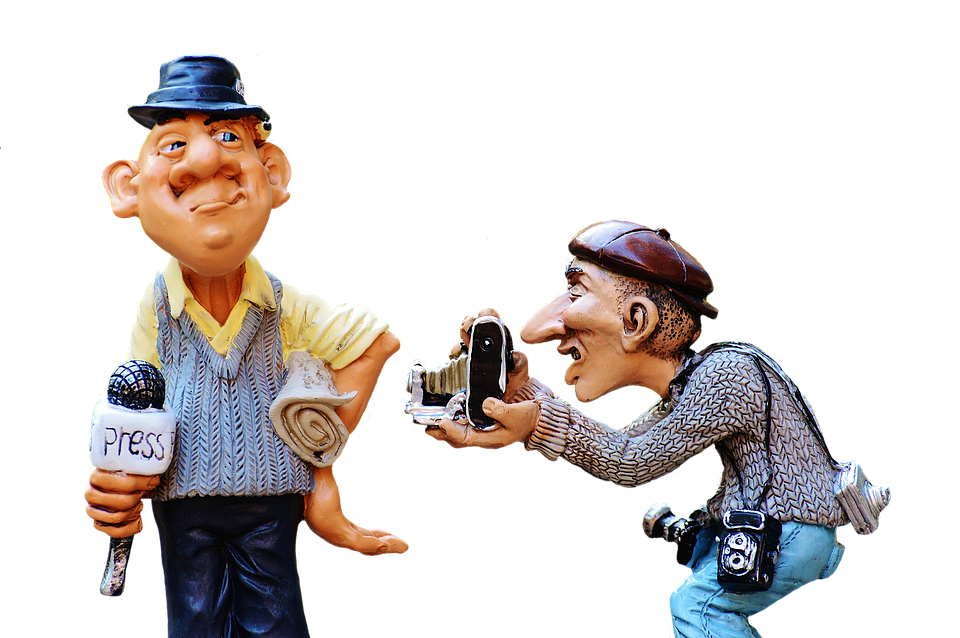[ad_1]
Within my work, I advocate the use of Critical Thinking. I consider it to be especially important for hypnotherapists. And even more especially for hypnotherapists that simply believe everything and do everything the same as their tutors.
I get lots of emails from hypnotherapists really curious about this and how best to start going about adopting this way of thinking. For most, I simply replied asking them to revisit their hypnotherapy training course notes on the subject of intelligent questioning techniques. I sadly got a bunch of replies from people who did not really know if they were asking intelligent questions.
A lot of critical thinking teachings expect you to read read and ideally study Plato’s Socratic dialogues. This can be some of the toughest reading you’ll encounter and you may need a comic book on standby to keep referring to in order that you do not drift off into some trance state that is not ideal for learning… Basically, and I’ll give you it in a nutshell; there were dialogues between Socrates and his pupils and other people too.
Whilst being hard to resist the temptation to wander off into a haze of mind numbing boredom if you are not a really high brow immortal academic with several years to kill, some of the Socratic questioning techniques introduced are just the ticket for those wishing to get to grips with critical thinking and also for use in therapy.
Here are some examples of therapeutic Socratic questions:
Firstly, in true Spock fashion, we examine Logic:
1. Is that belief completely rational and logical?
2. Is there a valid reason that you believe that statement?
3. Is this logical? Are there any errors you might be making in your thinking?
Secondly, we look at Empiricism, and these are the key questions for critical thinkers I mentioned last week:
4. Where is the evidence for your belief?
5. What evidence is there for and against that belief?
I love this one:
6. If you completely strip away any value judgments or embellishments, what are the bare facts you’re left with?
Thirdly, we look at Pragmatism:
7. Where is this thought/attitude/belief getting you?
8. Is this thought/attitude/belief helping you to achieve your outcome?
9. What are the consequences of telling yourself that?
10. Is there a more constructive way of dealing with the situation?
Then, of course it is intelligent to look at Alternative Perspectives:
11. Would your friends and colleagues agree with that statement?
12. Does everybody share your attitude? If not, why not?
13. If you were to challenge or criticise that statement, what would you say about it?
14. What alternative views are there? What is the evidence for them?
You NLPers will note a sense of percetual positioning among this line of enquiry that Socrates utilised.
Finally, for those relevant to critical thinking, we have Over-generalisation:
15. Are there any exceptions to that?
16. Can you think of any circumstances where that simply doesn’t hold true?
17. Are you making an over-generalisation there? Why?
Using these types of questions in hypnotherapy we also employ types of questions that focus on Awfulising / Catastrophising, Fortune Telling, Mind Reading, Generalising, Deleting, Shouldism (modal operators to you NLP people), All or nothing Thinking and so on and so on…
Many of you that are qualified NLP practitioners will no doubt pick up all kinds of echoes of the Meta Model here and the meta model does learn a great deal from Socratic questioning techniques.
So my advice for those hypnotherapists wishing to employ more critical thinking skills in their work, is to start adopting socratic questioning techniques, not only with your hypnotherapy clients, but also in your life in general andapply the questions to hotly debated subjects and to your own beliefs about your work as a hypnotherapist. It’ll serve you incredibly well.
What if you encouraged yourself to ask these questions not just of your clients in thypnotherapy and therapy, but of day-to-day issues, your own stance in this field, your take on the existence of an unconscious mind, popular assumptions about hypnosis, alleged correlations between regression therapy and feeling better afterwards etc, etc. Isn’t it more useful to encourage better ways to think about the subjects that people are already thinking about?
Hypnotherapy teachers, what would your students come up with if you asked them to apply similar reasoning to the processes you teach and demonstrate? I think they’d learn the subject far better, have a deeper understanding and also believe congruently in what they do. Yes, have a deep routed, personally discovered belief. Not just taking your word for it. Not just accepting your dogma.
Finding fault with hypnosis theories is not, by itself, a positive contribution. Critical thinking should not be a negative influence. It is not just about debunking, disproving, or ruining anyone’s belief in past life regression hypnosis, for example. It is about asking the kinds of questions that enable you to arrive at a conclusion that is evidenced to be beneficial, to your hypnotherapy clients in particular.
Have a Socratically enhanced day.
[ad_2]
Source by Adam Eason

